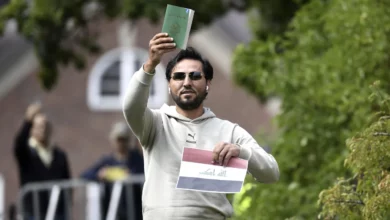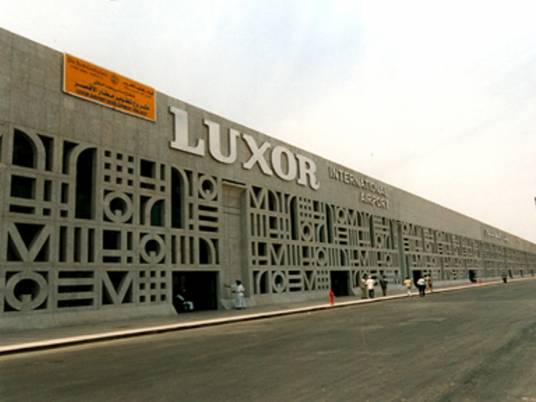This is the fifth part of an investigative series exploring the question of Islamic radicalism on British campuses. Previous installments looked at collective pains of Muslims, profiles of young British Muslim extremists, the question of how radicalization works, and Anwar al-Awlaki, a popular speaker among conservative Muslim students .
London–At City University, an annual event held in 2009 by its Islamic society (ISOC) featured Anwar al-Awlaki, a popular yet radical preacher who was profiled in previous installments. And the ISOC's website linked to others that advocate the same Islam that might have helped turn ex-Islamists like Shiraz Maher and Ed Husain into isolated individuals and then radicals. The website links also deepen the notion that the world is at war with Islam, not terrorism.
Most of the literature available in the female prayer space of ISOC dealt with simple Islamic practices like the basic pillars of Islam, such as prayer, pilgrimage and almsgiving. Books by prominent Islamic thinkers and writers whose ideas were in line with those of al-Awlaki’s Islamist views are also found.
It’s not clear who screens the prayer room’s book collection or who authorizes the literature: some of the books carried official stamps from City University while others didn’t. When asked, the current space head sister Maryam didn’t have a clue either.
The opening chapters of a book called 'Stages of an Islamic Revolution' by Kalim Siddiqui, former director of the Muslim Institute in London and founder of the Muslim Parliament of Great Britain, wrote of how Islam must “generate a global revolution capable of overcoming the colonial legacy as well as the scientific and philosophical pretension of the West. The West has already slipped back into disorder and moral anarchy.”
It added: “It is no part of Islam’s agenda to destroy the West, while it has always been an important part of the West’s secular agenda to destroy Islam.”
These words were published by Siddiqui in 1996, but for many Muslims, they’re as true today in describing a West that, in their eyes, seeks domination and whose ethics and moral compass are still in shambles. They also mirror views by Imams like al-Awlaki.
And, like al-Awlaki’s, the literature charges that the West is immoral and has failed to bring justice to Muslims and so its system needs to be replaced by “a new world civilization that must deliver and guarantee adl (justice) to all the peoples, races, cultures, and traditions.”
Another book, 'The Fundamentals of Islam,' by Imam Mohamed Bin Sulaiman al-Tamimi, advises Muslims to migrate “from the land of polytheism to the land of Islam, and from the land of bid’ah (innovation) to land of Sunnah [tradition of the Prophet Muhammad],” insisting that immigration as such is “an obligatory duty enjoined on Muslims” living in non-Muslim lands.
A book by Saudi Sheikh Salih Bin Fouzan al-Fouzan explains the concept of al-walaa wal baraa, popular among the Salafi strand, which literally means loyalty to Muslims and disassociation with non-Muslims. Like al-Tamimi, the author forbids residence in non-Muslim lands, dubbed “the lands of the kuffar (disbelievers).”
It also said that Muslims should not speak the language of the “kuffar” except when necessary. It recommends that Muslims abstain from “seeking their aid, trusting them … observing their holidays or helping them to make that celebration or congratulating them for their holidays.” Not even “supplicating for them and being compassionate to them” is allowed under this creed, according to the sheikh who wrote: “Supplicating and having compassion for them causes us to love them and their disgusting practices.”
Both of these books do not carry the stamp of City University.
Other titles include “Imam Muhammad Bin Abdul Wahab: His Life and Mission,” a short biography of the founder of Wahabism. “The Danger of Women Participating in the Work Arena of Men” is written by Sheikh Abdul-Aziz Bin Abdullah Bin Baz, who was the highest religious official of religious law in Saudi Arabia until his death in 1999. A non-compromising Wahabi, Bin Baz was the one responsible for rulings forbidding women from wearing “short scarves” to cover their faces in Saudi Arabia and for the fatwa banning women from driving cars in the kingdom. His book carried the official stamp of City University.
The next episode looks at attitudes towards conservative students, and what solutions the Muslim community and experts propose to decrease the threat of radicalism among ultra-conservative Muslims living in Britain.




